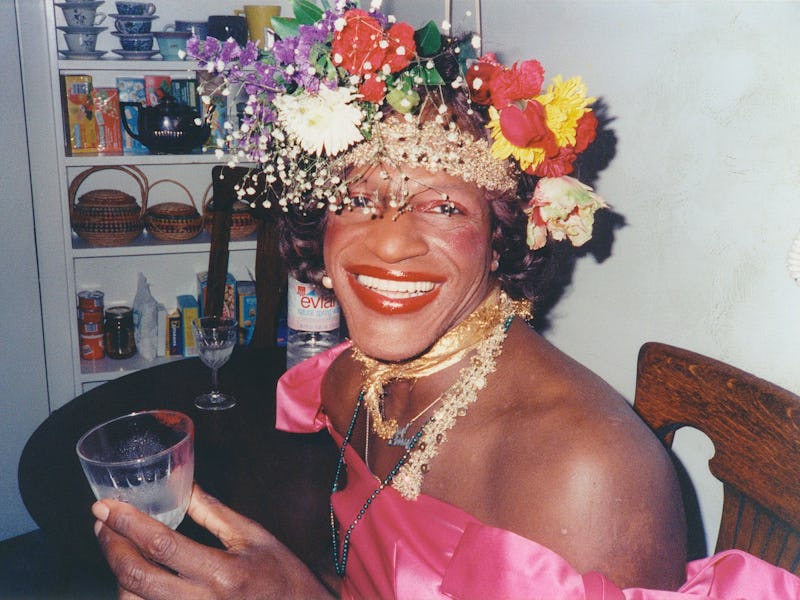The first pride was a riot
We should honor the trans women of color behind it.

Pride month started on Monday with less fanfare than has been typical in recent years. Normally, this would mean a stream of rainbow logos and vodka-sponsored parades, but between the coronavirus pandemic and the protests against police brutality, celebrations have been scaled back.
However, as Pride and the Black Lives Matter movement collide in 2020, it's worth remembering that the LGBTQ+ rights movement owes its very being to riots led by people of color. And it's important to honor and remember that now more than ever.
On June 28, 1969, police raided the Stonewall Inn, a meeting place for LGBTQ+ New Yorkers. When they demanded to do sex verification checks on trans women, a spontaneous protest broke out, and at the forefront of those protests were trans women of color like Marsha P. Johnson and Sylvia Rivera. Pride itself owes its very existence to a riot, and it took radical acts of change to just start the conversation about LGBTQ+ issues in America, a conversation that continues to this day.
Unfortunately, these stories are rarely told on screen, and people enraged by injustice today can't see how similar protests worked more than 50 years ago. However, the Netflix documentary The Death and Life of Marsha P. Johnson covers the revolutionary life of one of the women integral to Stonewall. It's an excellent starting point for further research.
Gay Pride March, New York, NY, June 26, 1994.
In fiction, Stonewall is rarely seen, and when it is, it's often sanitized to be more palatable to a "mainstream audience" (i.e., straight white people). Weirdly enough, one of the best retellings of the Stonewall riots was on Comedy Central's Drunk History.
Where many trans stories would cast a cisgender male actor to play a trans woman — like in the 2015 movie The Danish Girl — Drunk History cast trans women to play Johnson and Rivera and centered the story completely on them. Contrasted with the 2017 movie Stonewall, where the protagonist is a fictional white gay man, this Comedy Central video holds true to its own narrative and paints a better story.
Yes, it's short. Yes, it's funny. But it's a rare network show that actually cast transgender actors (a demographic who rarely get cast to play trans roles) as some of the most revolutionary trans women in history. It's not huge, but it's a meaningful step forward from an unexpected source.
LGBTQ+ issues and racial issues are not mutually exclusive. LGBTQ+ people of color navigate a complicated network of systemic oppression and injustice on all sides. Intersectionality is at the core of activism, and you simply cannot be in support of everyone in one community without leaving the other out.
This Pride, we can be proud of something else. Standing up against the violence the Black community faces every single day and fighting the systems in place to discriminate against them and all people of color.
This article was originally published on